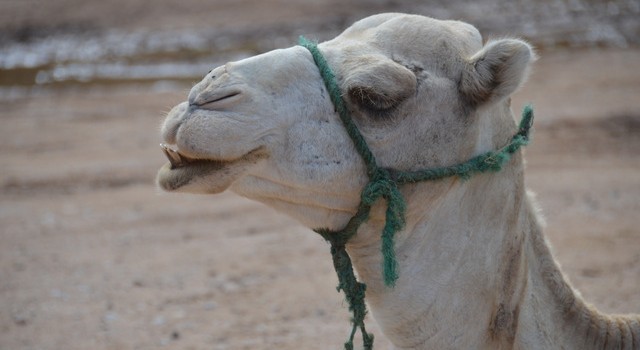Scientists to test dogs and cats for Mers infection

Scientists are beginning to test pet dogs and cats in order to understand the mystery of Mers virus after more than 200 people have died around the world since its outbreak in 2012.
Figures show more than 100 people have died in Saudi Arabia due to Middle East Respiratory Syndrome (MERS). Cases have also been found in Jordan, Qatar, the UAE, France, Germany, Italy, the UK, Nigeria, Ethiopia, Tunisia and the US.
Experts say Mers is a viral respiratory illness and is a type of coronavirus that is not very contagious.
Coronaviruses are a large family which primarily infect the upper respiratory and gastrointestinal tract of mammals and birds. There are at present six different coronaviruses that infect humans, which include Human coronavirus 229E, Human coronavirus OC43, SARS-CoV, Human Coronavirus NL63, Human coronavirus HKU1 and Middle East respiratory syndrome (MERS-CoV).
It is believed that the new found virus may be a mutation of an already existing virus or may be an infection in animals that has now reached the humans.
Symptoms for Mers include developing acute cold, fever, shortness of breath, pneumonia and kidney failure. People with severe conditions need intensive care to help them breath. Doctors have not yet found the best treatment for the virus and there is no vaccine discovered so far to prevent it.
The virus was originally found in a patient from Bisah in Saudi Arabia and camels are suspected to be the primary source of infection for humans. However, some people have been infected after no contact with the animal whatsoever.
Mers has now been identified by the World Health Organisation as a “threat to the entire world”.
Speaking to BBC news at a meeting of the World Organisation for Animal Health (OIE) in Paris, Dr Thomas Briese said: “Camels are not the sole route of infection, other species like goats and sheep had been tested but showed no signs of exposure, and that research must as a result be extended to domestic animals whose living conditions with humans could lend themselves to the transmittance of the disease. We are looking into or are trying to look into are cats, dogs where there is more intimate contact, and any other wild species we can get serum from that we are not currently getting.”
Experts say best way to prevent spread of infection is to maintain a good hygiene. Wash hands with soap and water, clean and disinfect surfaces such as door handles, phones and keyboards. It is advised to cover your mouth and nose with a tissue when coughing or sneezing and dispose the used tissue in a bin. Also, avoid touching mouth, nose and eyes with unwashed hands and coming in close contact with people who are sick.
Dr Briese warned: “The real fear is that the virus will mutate to become more contagious between humans, something which could happen at any time. The larger the numbers the higher the probability, that’s the point of trying to stem these human infections.”
Aastha Gill
Photo: Aastha Gill





















Facebook
Twitter
Instagram
YouTube
RSS